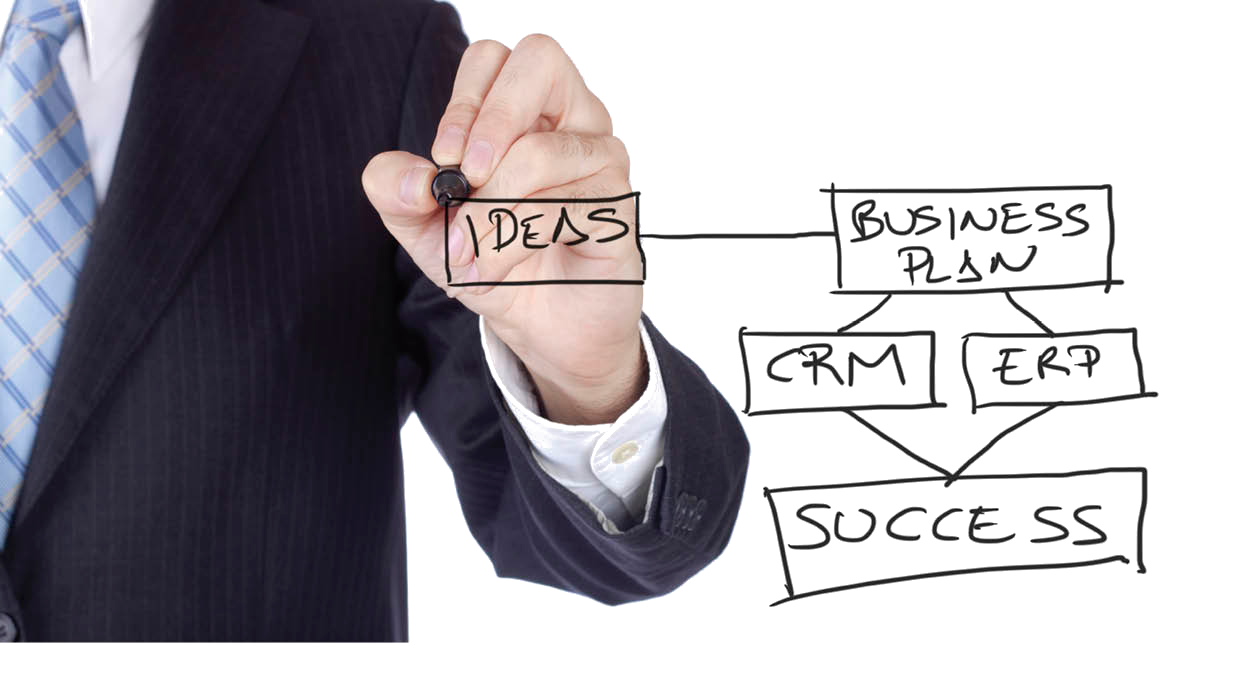Business
Is ERP Right for Your Business?

What is ERP?
ERP stands for Enterprise Resource Planning, and is a type of software that enables businesses of all sizes to integrate applications. For example, ERP software can assimilate all the processes within a business operation, including development, manufacturing, sales and marketing.
ERP software consists of different modules suiting differing business needs. Different modules will focus on different areas of the business, for example manufacturing. Modules are usually sold separately. The main aim of ERP software is to give businesses a single source of information for the business shared across the different departments, giving a smooth and seamless data-flow system.

What are the Advantages of using ERP?
Utilizing ERP is becoming increasingly popular amongst all different types and sizes of business, and there are considered to be many advantages for adopting ERP. Firstly and as previously mentioned, ERP will align business operation and strategy, making it run smoothly across the organization. The information within the ERP will be up to date, and therefore all areas of the business can gain access to the right information at any time. What’s more, by aligning the system, the best people within the organization will easily be sourced for the tasks they are suited to.
A further advantage of ERP is that it can improve the productivity of the company. This is because an ERP will enable greater efficiency within the organization, in turn leading to increased productivity. Not only is productivity achieved, but also costs will be decreased owing to the flexibility the ERP will create within the company in terms of adaptability and process standardization. Therefore the company will save money, which is always a great advantage.
A final advantage of ERP is that day-to-day management processes will be improved. For example, an ERP system enables all the information to be placed in one location so your business can cut down on data entry and admin staff, and enabling staff to find information quickly and with ease, making day-to-day tasks easier to complete.
ERP in both Small and Large Businesses
ERP can benefit small businesses because it can actually encourage a small business to grow quickly, on account of the fact that costs will be reduced, day-to-day processes become much easier and overall the whole organization will run much more smoothly and efficiently. Utilizing ERP will give a small business a more smooth and streamlined process for accessing information. Additionally, as using ERP actually reduces the risks of error, as all the information is kept up to date in one place, this can give a great impression of your small business, attracting more clients and enabling the business to grow.
ERP can also benefit large businesses on the grounds that it can improve the technical capabilities of the company. Businesses often grow very quickly, gaining more staff and clients. However, when this happens quickly, it is often the case that their technological systems lag behind. Utilizing ERP will improve the technological capabilities of a large business, improving processes and productivity to a high standard. Additionally, large companies usually store large amounts of data. An ERP will store this data in an efficient system and make it easily accessible.
Is ERP Right for your Business?
ERP can greatly improve all businesses, whether it’s in helping a smaller business to grow or simply improving the processes of a larger business, it is highly likely that ERP will be able to improve the functioning of your business.
-

 Tech11 years ago
Tech11 years agoCreating An e-Commerce Website
-

 Tech11 years ago
Tech11 years agoDesign Template Guidelines For Mobile Apps
-

 Business6 years ago
Business6 years agoWhat Is AdsSupply? A Comprehensive Review
-

 Business10 years ago
Business10 years agoThe Key Types Of Brochure Printing Services
-

 Tech8 years ago
Tech8 years agoWhen To Send Your Bulk Messages?
-

 Tech5 years ago
Tech5 years ago5 Link Building Strategies You Can Apply For Local SEO
-

 Law5 years ago
Law5 years agoHow Can A Divorce Lawyer Help You Get Through Divorce?
-

 Home Improvement6 years ago
Home Improvement6 years agoHоw tо Kеер Antѕ Out оf Yоur Kitсhеn































